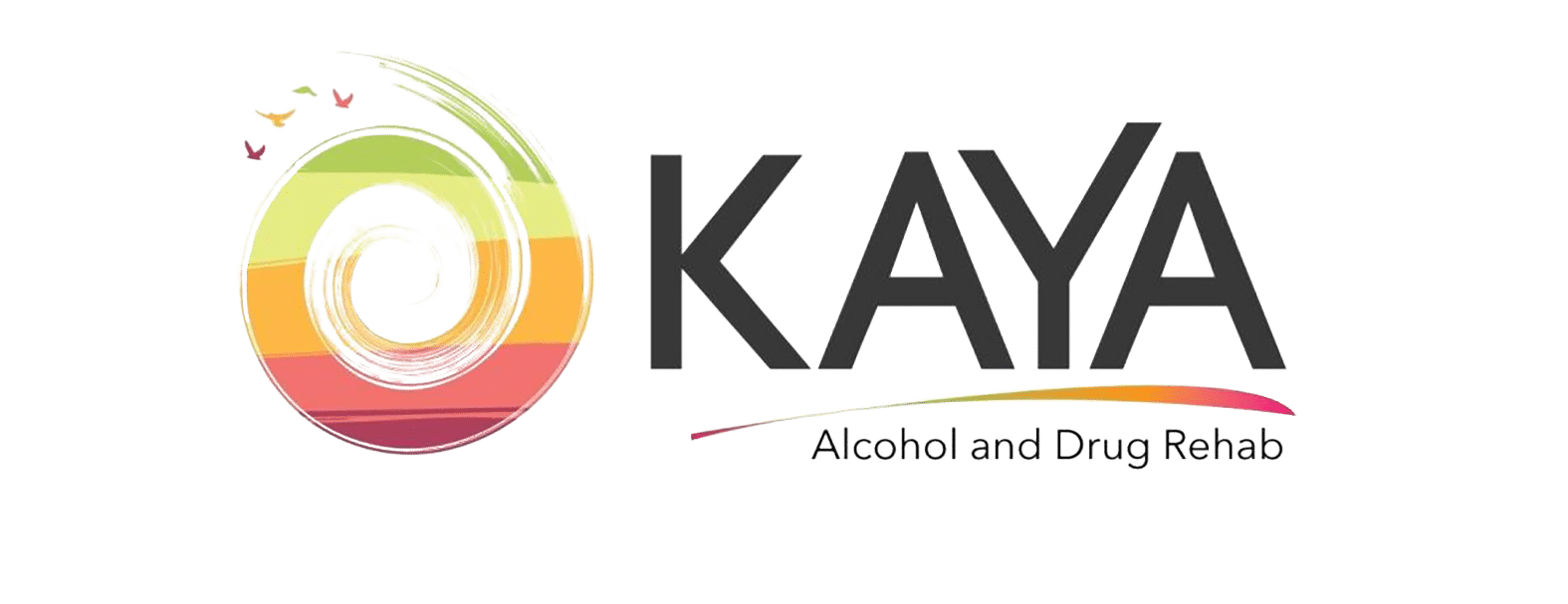
“No one is too broken to be healed, too lost to be found, or too far gone to come home.” — Unknown
Emerging from the structured walls of a drug rehab center is like stepping into the sunlight after a long storm. There’s hope, brightness, and a chance for new beginnings—but also a world full of uncertainty. Recovery from substance abuse isn’t just about leaving substances behind; it’s about rediscovering life, reconnecting with yourself, and rebuilding from the inside out.
One of the most essential foundations in this new chapter is having a strong, supportive network. In moments of weakness, celebration, or reflection, it’s the people around you who can lift you up or guide you back to your purpose.
Let’s explore the empowering ways you can surround yourself with the kind of support that nourishes your healing and strengthens your journey through aftercare programs and sober living support:
1. Understanding the Importance of Support. Substance abuse recovery isn’t meant to be faced alone. A strong support system provides:
- Encouragement during tough moments
- Accountability to stay committed
- Emotional grounding and connection
2. Identify Who Should Be in Your Circle. Choose people who genuinely care about your recovery and well-being:
- Family members who support your boundaries
- Friends who respect your sobriety and lifestyle changes
- Sponsors or mentors from your inpatient rehab or support group
- Therapists or counselors who guide you through structured outpatient rehab care.
3. Join Recovery Communities. Being part of a support group for addiction provides connection and reduces isolation. Consider:
- Support groups like AA (Alcoholics Anonymous), NA (Narcotics Anonymous), or SMART Recovery
- Online forums or social media groups for sober living
- Community wellness workshops, or church-based recovery meetups
4. Make a Relapse Prevention Plan. Work with your counselor or sponsor to create a clear relapse prevention plan. This should include:
- Identifying your personal triggers (people, places, situations)
- Coping strategies like calling a support person, meditation, or journaling
- Emergency steps, like returning to a safe environment or calling your therapist
5. Build New, Healthy Habits. Replace old routines with positive, healing habits:
- Regular exercise or yoga
- Creative outlets like art, music, or creative writing
- Volunteering in your community or getting involved in peer support
- Setting small, realistic goals that promote self-esteem
The path to recovery is a lifelong journey, and no one should have to walk it alone. Like sunlight that breaks through after a storm, the right people can warm your spirit, illuminate your progress, and walk beside you through every season. By surrounding yourself with a sober support system, you give yourself the best chance at long-term sobriety, mental clarity, and a fulfilling, purpose-driven life.
You are not just recovering; you are rebuilding. And with the right support – from your circle to your addiction treatment center – you will rise stronger than ever.


